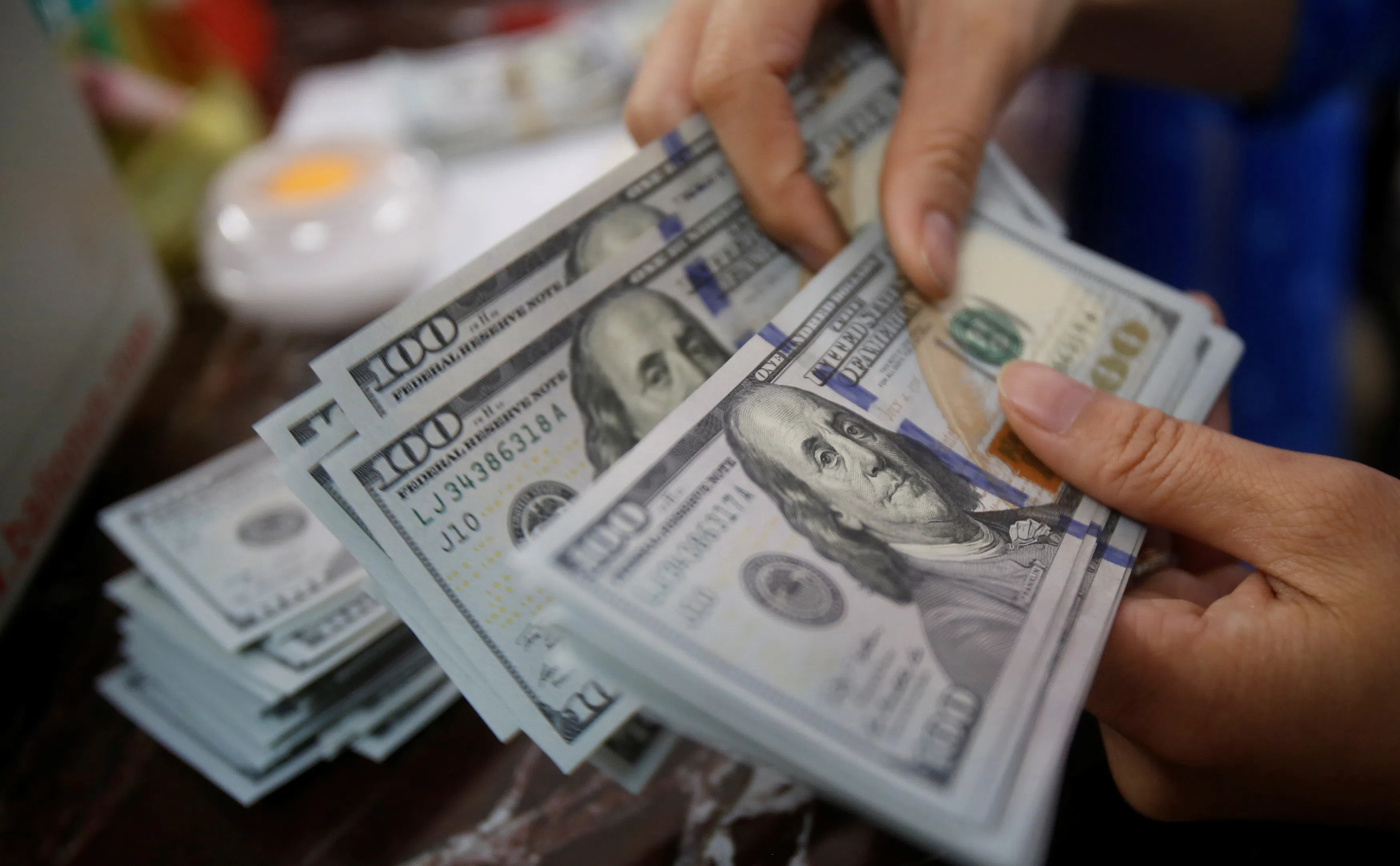The US dollar pared losses against a basket of currencies on Wednesday (Aug 14), after consumer price index data showed inflation is subsiding, doing little to support expectations of a large rate cut.
The dollar index, which tracks the US currency against six major peers, was at 102.59, down 0.04 per cent.
The dollar had eased against a swathe of currencies ahead of the US inflation data.
The dollar softened on Tuesday after data showed US producer prices increased less than expected in July, pointing to moderating inflation pressures.
Traders had been widely expecting a rate cut in September before the producer price data, and ramped up bets for a super-sized 50 basis-point cut after the release to 56 per cent from 53 per cent a day earlier, according to CME Group’s FedWatch Tool.
The euro hit a seven-month peak against the dollar on Wednesday.
BT in your inbox
Start and end each day with the latest news stories and analyses delivered straight to your inbox.
It rose as much as 0.3 per cent to US$1.1029, surpassing the high hit during the market turmoil last week, and was trading at its strongest level since January 2. The currency was last up 0.25 per cent at US$1.1023.
Sterling slipped 0.2 per cent to US$1.2843 after data showed the rise in British consumer price inflation was smaller than expected in July, as services prices – closely watched by the Bank of England (BOE) – rose less rapidly.
Financial markets priced in a 44 per cent chance of a quarter-point BoE rate cut in September, up from 36 per cent before the data was released.
“We would say it’s still consistent with a stabilisation in inflation, not a further disinflation. We’re looking for the BOE to be more cautious than the Fed and the ECB because it seems inflation in Great Britain is going to be a bit more stubborn and the economic cycle seems to be picking up again,” Commerzbank’s Baur added.
The kiwi fell as much as 1.2 per cent after the Reserve Bank of New Zealand reduced the cash rate by a quarter point, its first easing since early 2020 and coming a year earlier than its own projections. The currency was last trading 1 per cent weaker at $0.6019.
Meanwhile, Japanese Prime Minister Fumio Kishida’s decision to not run for re-election in his party’s leadership race next month had little effect on markets, analysts said.
The yen weakened slightly against the dollar, which was up 0.1 per cent at 146.95 yen.
“Probably the impact on the economy and financial markets should be relatively limited because Kishida’s policies, if I try to characterise them, are really wide-ranging and not focused on specific themes,” said Masayuki Kichikawa, chief macro strategist at Sumitomo Mitsui Asset Management.
“The big question would be who would be next. That will be more important.”
The dollar eased against the Norwegian crown, falling 0.5 per cent to a one-month low of 10.68 crowns, and dropped 0.6 per cent against the Swedish crown to a two-month trough of 10.40 crowns. REUTERS



